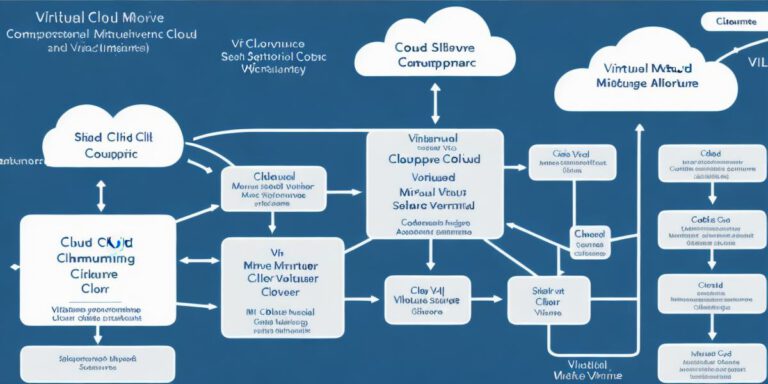Windows Cloud VPS: An In-Depth Overview

Virtual Private Servers (VPS) have become increasingly popular due to their cost-effective and flexible nature. Windows Cloud VPS is a type of VPS that allows users to run Windows Server on virtualized servers hosted in the cloud. In this article, we will provide an in-depth overview of Windows Cloud VPS, including its benefits, use cases, and how it compares to other types of VPS.
Benefits of Windows Cloud VPS
- Cost-effective: With Windows Cloud VPS, users can rent server resources on-demand, without having to invest in physical hardware. This allows businesses to scale up or down as needed, without incurring significant costs.
- Flexibility: Users can choose from a range of server configurations and operating systems when setting up their Windows Cloud VPS, allowing them to tailor the service to their specific needs.
- High availability: Cloud-based infrastructure provides high availability and redundancy, ensuring that applications and services are always available to users.
- Scalability: Windows Cloud VPS allows businesses to easily scale up or down as needed, without having to worry about hardware limitations.
- Remote access: Users can access their Windows Cloud VPS from anywhere in the world, making it ideal for remote teams and collaboration.
Use Cases for Windows Cloud VPS
- Business applications: Windows Cloud VPS is ideal for hosting business applications such as enterprise resource planning (ERP), customer relationship management (CRM), and other line-of-business applications.
- Web hosting: Windows Cloud VPS can be used to host websites and web applications, providing high availability and scalability.
- Development and testing: Developers can use Windows Cloud VPS for development and testing purposes, allowing them to easily spin up virtual machines and test different configurations.
- Disaster recovery: Windows Cloud VPS can be used as a backup and disaster recovery solution, providing a cost-effective and scalable alternative to traditional backup solutions.
Comparing Windows Cloud VPS to Other Types of VPS
Windows Cloud VPS is often compared to other types of VPS such as Linux VPS and dedicated servers. While these options also provide virtualized server resources, they differ in terms of operating system, management, and cost.
Linux VPS typically run Linux-based operating systems and are managed by the hosting provider. Users have limited control over the underlying infrastructure and may need to have some technical expertise to manage their Linux VPS. Dedicated servers provide physical hardware resources and are managed by the hosting provider. Users have complete control over the underlying infrastructure but are responsible for managing and maintaining it themselves.
FAQs
- What is Windows Cloud VPS?
Windows Cloud VPS is a type of virtualized server that allows users to run Windows Server on virtualized servers hosted in the cloud. - Is Windows Cloud VPS more expensive than other types of VPS?
No, Windows Cloud VPS is often more cost-effective than other types of VPS due to its on-demand pricing model and scalability. - Can I use Windows Server applications with Windows Cloud VPS?
Yes, Windows Cloud VPS allows users to run Windows Server applications such as enterprise resource planning (ERP), customer relationship management (CRM), and other line-of-business applications. - What is the difference between Windows Cloud VPS and dedicated servers?
Windows Cloud VPS provides virtualized server resources hosted in the cloud, while dedicated servers provide physical hardware resources that are managed by the hosting provider. - Is there a limit to how many users can use Windows Cloud VPS?
No, there is no limit to how many users can use Windows Cloud VPS, making it ideal for businesses of all sizes.








